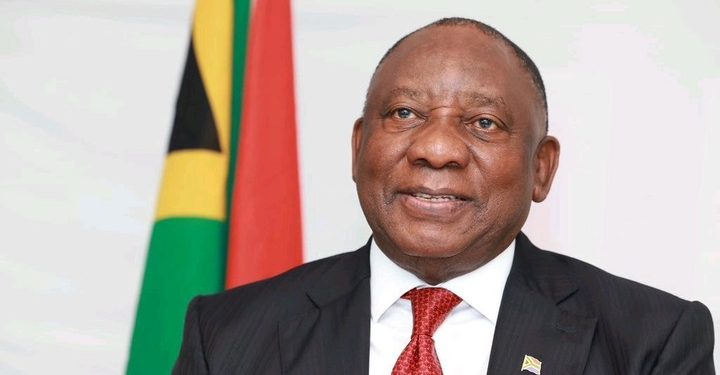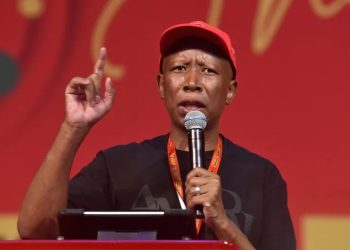President Cyril Ramaphosa’s recent defiant stance against foreign “dictation” regarding arrests linked to the controversial “Kill the Boer” slogan has drawn mixed reactions, with many South Africans questioning why similar assertiveness was absent during his 2025 White House meeting with Donald Trump.
During a press engagement, Ramaphosa firmly stated that “South Africa cannot be dictated to” on domestic matters, framing the chant—a historically loaded phrase tied to racial and land tensions—as an issue of national sovereignty. However, his remarks inadvertently reignited scrutiny of his diplomatic approach, particularly his subdued response when Trump ambushed him with debunked “white genocide” claims during their Oval Office encounter.
Public Backlash: “Where Was This Energy With Trump?”
Citizens and commentators have highlighted the contrast between Ramaphosa’s bold domestic rhetoric and his more conciliatory tone abroad. “Why didn’t he stand up to Trump like this?” asked political analyst Thando Mkhize. “It’s hard not to see this as selective assertiveness—strong at home, softer on the global stage.”
The criticism reflects broader frustrations over South Africa’s perceived unevenness in defending its sovereignty internationally. While Ramaphosa’s handling of the “Kill the Boer” issue aligns with his ANC-aligned base, his muted reaction to Trump’s provocations left some questioning whether strategic diplomacy veered into excessive caution.
The Diplomatic Tightrope
Defenders argue that global relations require nuance. “You don’t confront a superpower’s leader the same way you address local media,” said international relations expert Prof. Sipho Dlamini. “The stakes—like trade ties and G20 cooperation—demand pragmatism.”
Yet the public’s focus on Ramaphosa’s Trump meeting underscores a deeper expectation: that South Africa’s leadership project unwavering principles, regardless of the audience. The “Kill the Boer” controversy, laden with historical trauma, makes this inconsistency particularly jarring for many.
A Leadership Litmus Test
The debate transcends this single issue, touching on how post-apartheid South Africa asserts itself globally. As the nation navigates tensions with Western powers over Israel-Palestine, BRICS alignment, and land reform narratives, Ramaphosa’s challenge is to reconcile diplomatic pragmatism with the principled autonomy his constituents demand.
For now, the dissonance between his local defiance and international restraint leaves a lingering question: Can South Africa’s sovereignty be uncompromising at home while remaining negotiable abroad? The answer may define Ramaphosa’s legacy—and the nation’s standing in a polarized world.






















